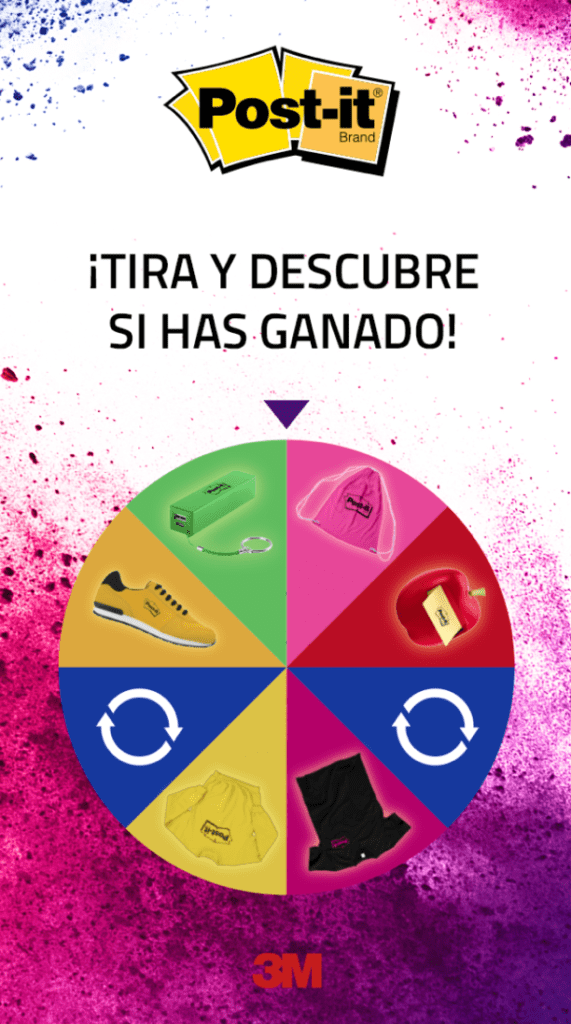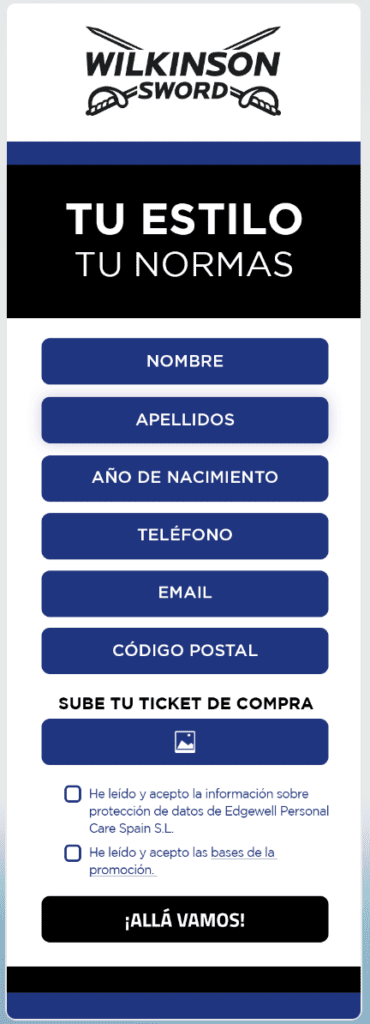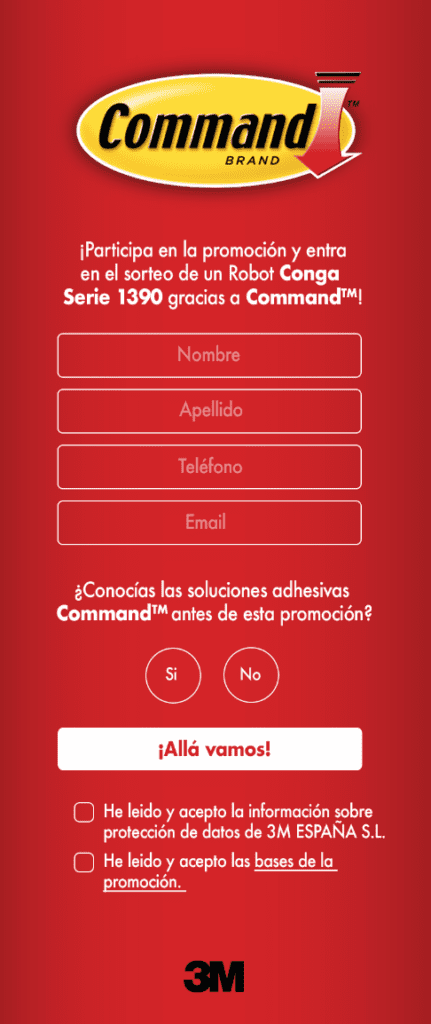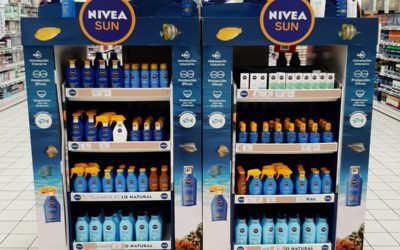Digital promotions may go unnoticed at first, however, something that may seem small within a point of sale campaign, can be the key to increase your sales and reach your target audience, creating an unforgettable experience. This type of promotion can take place at the point of sale, as part of the initiative to digitize it, as we discussed in the previous post. But it also goes much further, since thanks to the versatility of the format, the consumer can participate in these promotions from any other place.
These types of promotions are nothing more than a tool to implement in your campaign and create a fully rounded action, helping you to showcase your products in an attractive, eye-catching and, in a way, irresistible way. Its main purpose is to offer a product to your consumers through sweepstakes or contests, thus encouraging future purchases, or even to create a brand image in the consumer’s mind to attract them to your brand for future purchases.
But what do we mean by digital promotions? To those games in digital promotions or landings created especially for promotions, or interactive actions, which can be developed both at the point of sale and outside, designed for the consumer to participate and make use of the promotions that your brand has active.
In this post, we show you the 10 types of mechanics that most attract consumers.
But first, we need to differentiate between two types of games in digital promotions: binary games and games of skill. While the binary ones are those that simulate randomness, the skill ones are those where the user has to perform an action to access the promo according to a point system.
This type of game is ideal for collecting information from your consumers, as they can access the game or subsequent prize in exchange for their contact details.
Binary games, the roulette of trade marketing
In them, chance is the major player, although the allocation is already pre-determined, the game provides the consumer with the feeling of a prize for randomness. They are the favourite and most widely used in trade marketing promotions, as they are quick, easy and allow for accurate allocation control.
-Roulette: roulette is one of the most traditional games, the consumer will only have to touch the screen to spin the roulette wheel and randomly gain access to various prizes, promotions or discounts. This is why, as we talked about in the previous post, creating promotions that consumers can interact with is a way to ensure their participation and potential purchase.

-Scratch: next to roulette, it is one of the most widely used. The idea is to bring the traditional scratch card to the screen, where the consumer touches or rubs an area of the screen to see what prize or promotion they have won.
-Jackpot: simulates casino games, where the consumer touches the screen to make the roulette wheels line up and access the promo. You can even have a try again button, which will increase the time the user stays on your landing page.
-Tap Here: is much simpler, the user does not have that sense of play. It is rather a matter of simply touching the screen where it is indicated to enter directly into the draw for promotions or prizes.

Skill games, it’s all up to you
These games are the preferred games for branding, as they rely on the performance and skill of the participant, thus activating their competitive side. While it is a more interactive way to engage consumers, it is also more difficult to control the amount of total incentives from the outset. For this reason, a scoring system or lottery is usually assigned.
-Trivial: the game that brings out our competitive side the most. Creating a trivial game for your landing page not only motivates consumers to participate, but also increases the brand image in the minds of your consumers.
-Memory: memory games, which not only entertain your consumer, but force them to memorise your brand and spend time on your landing page playing.
-Quiz: similar to Trivial, it challenges the consumer to answer and get all the questions right.
-Puzzle: they are usually the simplest, trying to compose an image in puzzle format to gain access to the promotion when all the pieces have been fitted together.
-Rosco: one of the most tense games, where the consumer is simply given a letter and a question, which he or she has to use to form the correct answer.
We also find other types of landings in which the games do not seem so obvious, but also involve consumer interaction. This type is more like a survey about the product to be promoted, where the consumer leaves their details, answers the question and then enters the prize draw for the product, promotion or discount.

AtGrupo WDi we have many more ideas for digital promotional games that will ensure your success, but if you want to find out more, it is as simple as getting in touch with us to let us tell you what we’ve done and why we think it’s best for your brand. And if you have something incredible that you think no one has ever done, tell us about it, maybe it has escaped us, but we have the means to carry it out with you.





